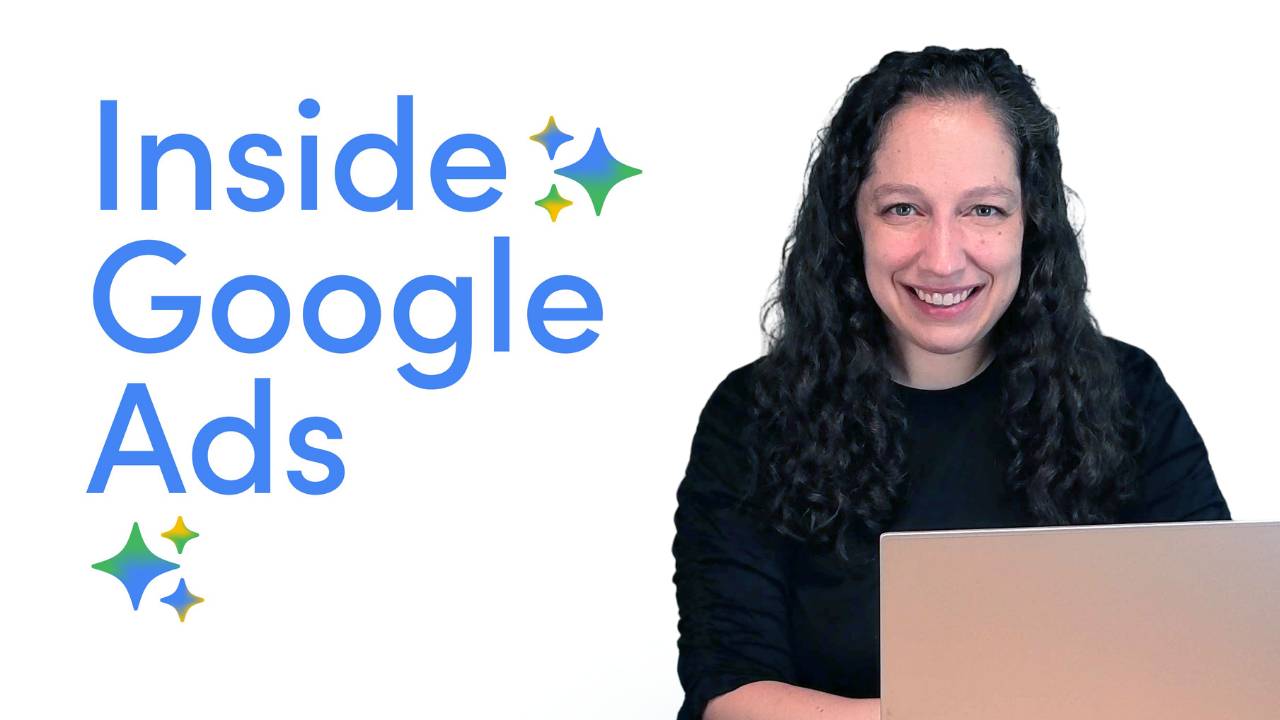Are Exact Match Keywords Always Worth the Higher Cost in Google Ads?
May 05, 2025
By: Jyll Saskin Gales, Google Ads Coach
Ever wondered if those tightly targeted exact match keywords in your Google Ads account are truly giving you the best bang for your buck? It's a question a lot of advertisers grapple with: is it always worth paying potentially more for those specific searches, or could a broader approach actually yield better results?
If you're trying to get the most out of your Google Ads budget and want to understand how different keyword match types can impact your return on investment, you're in the right place.
In this article, we’ll cover:
- Understanding the fundamental difference between exact match and broad match keywords (and why the name "exact match" can be a little misleading).
- Exploring why exact match keywords often come with a higher cost.
- Discussing scenarios where the higher cost of exact match keywords can be justified by a better return on investment (ROI).
- Examining situations where broad match keywords, when used strategically with negative keywords, can outperform exact match in terms of reach and cost-effectiveness.
- Highlighting the crucial role of conversion tracking and smart bidding in making the most of either keyword strategy.
The Nuances of Match Types: Exact vs. Broad
Let's break down what these keyword match types actually mean.
Exact Match: This is the most specific match type in Google Ads. While the user's search doesn't have to be a perfect word-for-word match to your keyword, it needs to have the same meaning. So, if your exact match keyword is [car accident attorney], you might also show up for searches like "truck accident attorney" or "auto injury lawyer" because Google recognizes these as closely related.
Broad Match: This is the least specific match type in Google Ads. With broad match, your ads can show for searches that are related to your keyword, and potentially for related concepts, synonyms, and other variations. So, if your broad match keyword is car accident attorney, your ad might show for searches like "lawyer," "what to do after a car accident," or even "traffic ticket lawyer."
Why Does Exact Match Sometimes Cost More?
You might be wondering why those tighter exact match keywords often come with a steeper price tag. It boils down to supply and demand. Highly specific searches usually indicate a strong intent. Someone searching for "car accident attorney" is likely actively looking for legal help right now. Because this intent is clear, more advertisers in that niche are going to want to show up for those exact searches, driving up the competition and, consequently, the cost per click (CPC).
Think of it like prime real estate. A storefront in a busy, high-traffic area will naturally cost more to rent than a space in a less-visited location. Similarly, highly specific and valuable search terms in Google Ads tend to be more expensive due to increased demand.
When Exact Match Keywords Justify the Investment
Despite the potentially higher cost, exact match keywords can absolutely deliver a strong ROI. This is often because the traffic you get from these specific searches is highly qualified and more likely to convert. When someone searches for exactly what you offer, the chances of them becoming a customer are significantly higher.
For example, if someone searches for "Google Ads consultant for e-commerce businesses," and that's precisely what you offer, the likelihood of that click turning into a valuable lead or sale is quite high, vs a search for something related like "Google Ads help." In these cases, the higher cost per click is often justified by the higher conversion rate and ultimately, a better return on your ad spend.
The Case for Broad Match Keywords (with a Catch!)
On the other hand, broad match keywords can be a powerful tool for expanding your reach and discovering new search terms you might not have thought of. They can also be more affordable since you're tapping into a wider pool of searches, many of which might be less competitive.
However, the key to making broad match work effectively is the strategic use of negative keywords. By adding negative keywords, you can tell Google Ads to not show your ads for searches that are irrelevant to your business. For our car accident attorney example, you might add negative keywords like "free," "jobs," or "DIY" to avoid showing up for unrelated searches.
Furthermore, if you're going to venture into the world of broad match, you absolutely must have robust conversion tracking in place and utilize smart bidding strategies. Smart bidding algorithms analyze vast amounts of data to understand which searches are most likely to lead to conversions and adjust your bids accordingly.
The Verdict: It Depends
So does exact match always justify the higher cost? The answer is a resounding "it depends." Both exact match and broad match keywords have their own strengths and weaknesses.
- Exact match can provide highly qualified traffic with strong conversion rates, potentially justifying a higher cost.
- Broad match, when combined with strategic negative keywords and smart bidding, can offer broader reach and potentially lower costs, allowing you to tap into a wider range of relevant searches.
The best approach often involves a combination of both, tailored to your specific business goals, budget, and the performance data you gather. Remember, whether you're using a finely-tuned exact match strategy or a wider broad match net, accurate conversion tracking and embracing smart bidding are essential for success in Google Ads.
Free Google Ads newsletter
Join 8,000+ business owners and marketers discovering my secrets to Google Ads success. Subscribe now for proven tactics in your inbox every other Tuesday.


